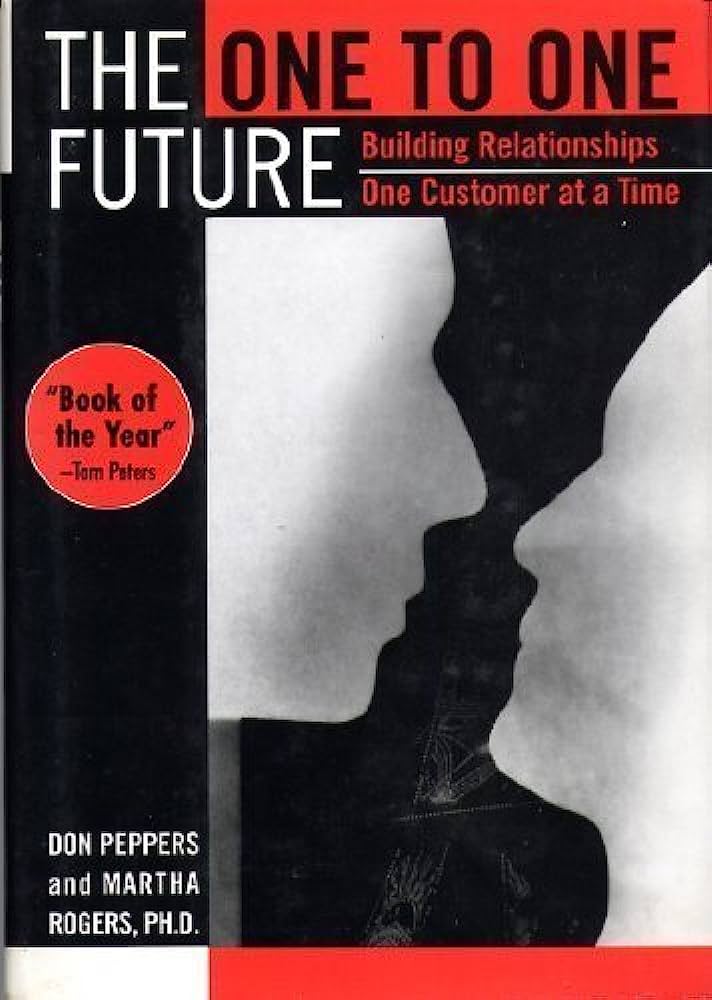Flow: The Psychology of Optimal Experience
RATING


Mihaly Csikszentmihalyi was a Hungarian-American psychologist who devoted his academic career to the eternal question of human happiness. The crown jewel of his research was formulating the concept of ‘flow’ (commonly referred to as ‘finding one’s groove’ or being ‘in the zone’): a state of consciousness characterised by complete immersion during which the ego, with its vanity and insecurity, is completely absent. Csikszentmihalyi characterises this state as true happiness or ‘optimal experience’. This state of mind is known to everyone, and it is undeniable that it can be achieved; Csikszentmihalyi explores whether it can be replicated, and how.
The book, first published in 1990, is in essence a compilation of Csikszentmihalyi’s findings on the topic. The central thesis is that the state of flow can be achieved when the activity at hand is ‘autotelic’ – in plain English, one does it because one finds it to be intrinsically rewarding, not because one is seeking to achieve some external goal.
Csikszentmihalyi sets out 3 key factors that can help to make an activity autotelic and thus help one enter a state of flow.
- Quick and initial feedback: this involves receiving feedback as one is carrying out the task.
- Short and long-term feedback: this involves receiving feedback after the task is complete, for instance proudly seeing the results of one’s work in action.
- The task must be ‘just out of reach’: the task must be difficult enough to provide a challenge and generate interest, but not so difficult as to become frustrating and demotivating.
There is a clear parallel between the factors Csikszentmihalyi lays out and the principles of gamification / game design. Indeed, Csikszentmihalyi explicitly compares rewarding jobs and games: he argues that when workers are met with appropriate and flexible challenges, clear goals and immediate feedback, many will find that their job provides them with an intrinsically rewarding experience. However, he also notes that many people view their job as something imposed on them externally, or something they do to attain an external goal (money), and thus struggle to find any intrinsic pleasure in their job.
Csikszentmihalyi succeeds where many academics fail in producing a book that is fairly accessible to the general reader. The ideas that the book explores are fascinating and have some relevance to anyone who seeks to improve their own productivity or understand the concept of flow. There is some clear relevance to business settings, especially for business leaders who want their teams to be happier and more productive by helping them to achieve ‘flow’ while at work.
The books main drawback for the business reader lies in the fact that it is intended to answer much more general questions. As a result, much of the book’s content – while interesting – is of little relevance to the business world. It is also quite a dense book and while accessible, it does not make for light reading. Similarly, it lacks a concise and memorable structure or framework that would help readers apply its concepts to the real world.
The bestselling classic that holds the key to unlocking meaning, creativity, peak performance, and true happiness.
Legendary psychologist Mihaly Csikszentmihalyi’s famous investigations of “optimal experience” have revealed that what makes an experience genuinely satisfying is a state of consciousness called flow. During flow, people typically experience deep enjoyment, creativity, and a total involvement with life. In this new edition of his groundbreaking classic work, Csikszentmihalyi (“the leading researcher into ‘flow states’” —Newsweek) demonstrates the ways this positive state can be controlled, not just left to chance. Flow: The Psychology of Optimal Experience teaches how, by ordering the information that enters our consciousness, we can discover true happiness, unlock our potential, and greatly improve the quality of our lives.
It is this reviewer’s opinion that the book’s lessons are best applied to one’s own life. However, there is some relevance here to leaders who want to help their teams to be happier and more productive. By ensuring that employees find their work challenging, find that they have clear goals, and receive instant feedback, leaders can help their people enter a state of flow and reap the benefits of greater happiness and productivity.
See content on this topic


Sales training for front line along with basic development and coaching principles for line management.
Understanding branding and communications from the standpoint of emotional engagement and building relevant and meaningful dialogue with customers.
This course covers a complete view of customer touch points (both physical and virtual) and a unique model for standardizing and managing customer contact models across channels including approaches for customer feedback, quality management, and migration.
Understand how the innovation process changes moving from functionality and channel design to a process focused on creating value for customers.
Experiential Branding & Communications – Improving Brand Integration Through Emotional Engagement.
This course covers a complete view of customer touch points (both physical and virtual) and a unique model for standardizing and managing customer contact models across channels.
Sales training for front line along with basic development and coaching principles for line management.
Understanding how leaders must evolve with relation to the evolution of business models, new management models, and the significant changes to the workforce with Digital Natives now making up more than 50% of the workforce globally.
Understand the theory and mechanics of developing and managing a customer-centric and experience-driven corporate culture that is consistent and stable and includes elements of Employee Experience (EX) and Employee Relationship Management (ERM).
Understanding the evolution of leadership styles, management models, organizational structures, performance measurement and guiding change in the evolution of business models from product-centric to customer-centric and even relationship-centric.
Understand how to manage both internal and external digital transformation while considering the landscape for digital business models and the effect on traditional business models. Understanding organizational readiness for transformation and the role of corporate culture in managing transformations.
The changes in consumer behavior, employee behavior, and the evolution of business models in the digital age cause significant difficulties and imperatives for leaders who must develop new skills and evolve their leadership styles to be effective in this fast changing, challenging, and competitive environment.
Understanding how leaders must evolve with relation to the evolution of business models, new management models, and the significant changes to the workforce with Digital Natives now making up more than 50% of the workforce globally.
Understand how to manage both internal and external digital transformation while considering the landscape for digital business models and the effect on traditional business models. Understanding organizational readiness for transformation and the role of corporate culture in managing transformations.
The changes in consumer behavior, employee behavior, and the evolution of business models in the digital age cause significant difficulties and imperatives for leaders who must develop new skills and evolve their leadership styles to be effective in this fast changing, challenging, and competitive environment.
Understanding how to design & manage change/transformation programs in organizations of different sizes. This course will help any size team or organization to better deal with change & transformation on any scale.




 Copy Link
Copy Link
 E-mail
E-mail
 LinkedIn
LinkedIn
 Facebook
Facebook
 Telegram
Telegram
 WhatsApp
WhatsApp
















 Go Back
Go Back
Leave a Reply
You must be logged in to post a comment.